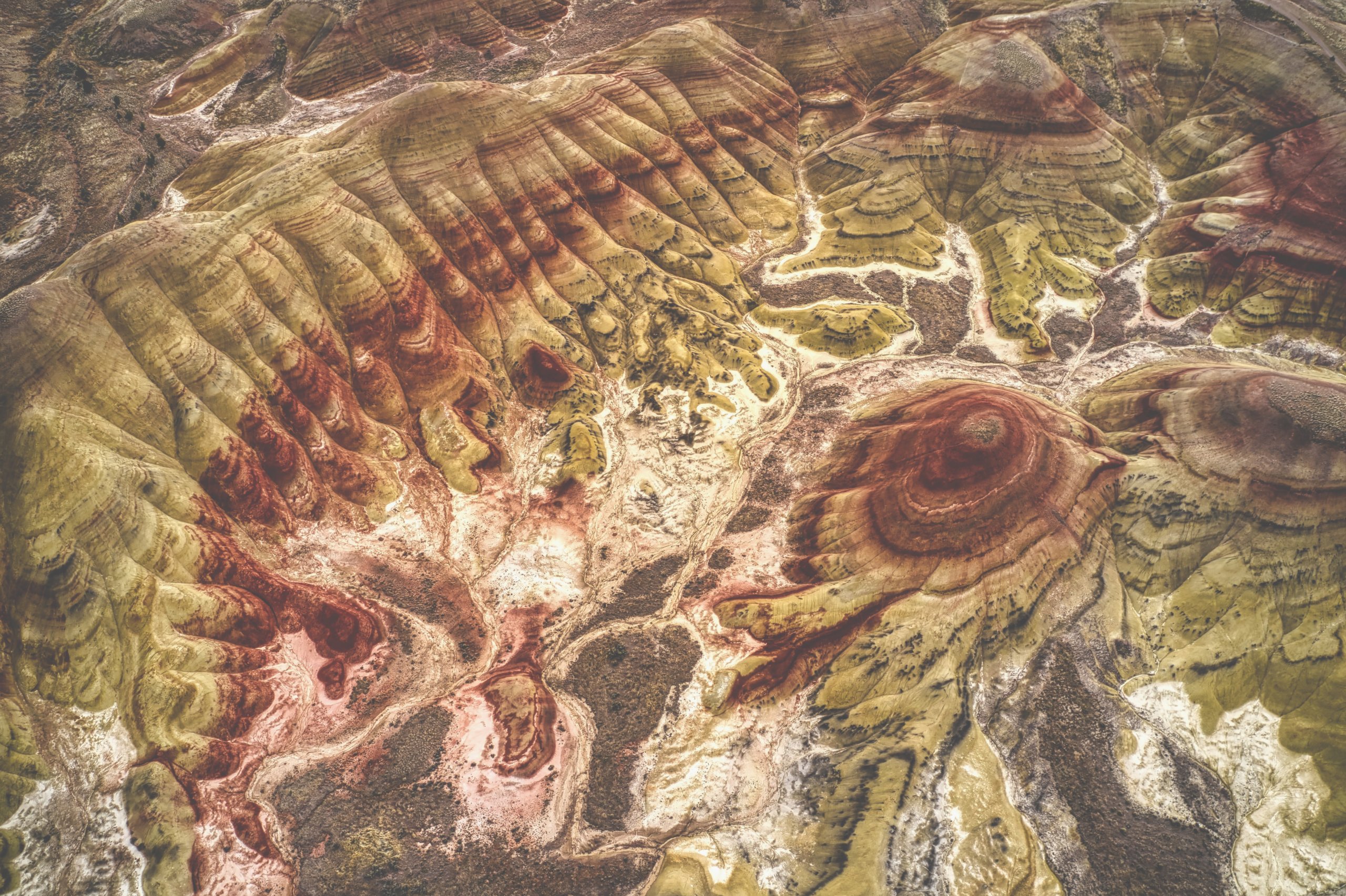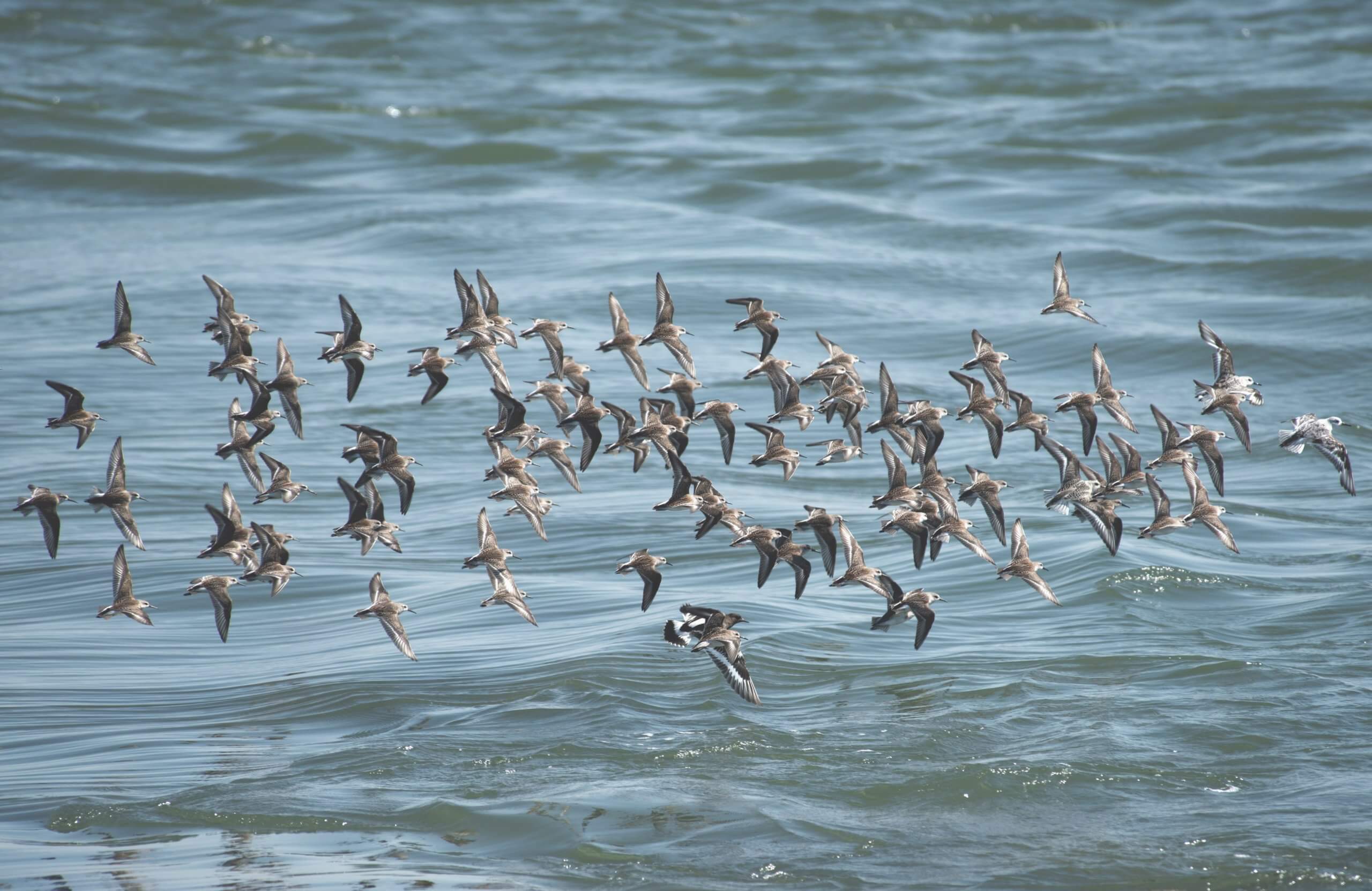I get the following phone call frequently:
“Hi, I am from [insert conservation advocacy or campaign here]. Congress is considering landmark legislation right now; this could be the most important hearing in history. Our grandchildren will live better lives if this legislation passes. It will allow polar bears to flourish, panda bears to proliferate, and bring water back to the Colorado. It will provide jobs. This bill will pass IF you can get me a scientist to come to the hearing in three days, and say [insert explicit support for policy the organization wants passed]?”
Our answer to this question is always “no.”
Last week I gave a webinar to the Consultative Group on Biodiversity—a collaborative of foundations making grants on environmental issues—on the topic of “the role of science in campaigns.” I leapt at this opportunity, a chance to clarify our stance; something that I know frustrates many.
Whether it’s COMPASS, those involved in advancing policy agendas, or the scientists they seek, it’s all about credibility. Credibility, which has objective and subjective components, is really about how believable any of us are as a source. We each define our own unique ‘credibility currency’- the characteristics that allow us to uphold our trustworthiness and expertise.
For an academic scientist, credibility currency includes their research history: where (and with whom) they received their degrees, their contributions to the field both formal and informal, their peers’ review of their work and approach, research grants, awards, among other sources. Academic scientists that support policy positions or outcomes that are well beyond the scope of their science, must consider the potential impact to their credibility. Policymakers can view a scientist that has supported a policy agenda differently than one who has not. The recent attention on politicization of science is making this even more real, and scary, for scientists.
For an NGO, credibility currency can include their membership or constituency, leadership and expertise on issues, successful campaigns, funding, even a bulletproof tax audit. NGOs are often grounded in science, but the nature of their work means they’ve made a conscious decision to use science in the advancement of values, and that in itself is part of their credibility currency.
Conflating the currencies of scientists and those working to advance a very specific policy agenda can dilute everyone’s currencies—the exchange rate is just not favorable. An academic scientist supporting a policy agenda might give a campaign more credibility, but in the process they could sacrifice their individual credibility. All parties need to define the currency that gives them credibility, and evaluate how their actions can uphold it—or impact it.
At COMPASS, we recognize that for academic scientists one of the most fragile points of credibility is right around where that line is drawn between science and policy. Most of the meaty and transformative policy discussions happen beyond that line—they are about money, values, constituencies, choices, and ideals. Science also needs an informative seat at that table of transformative policy—but we believe scientists need to know they can have a comfortable seat at that table, predicated on their sharing scientific insights, without pushing policy or political values.
One of the reasons COMPASS exists is to support those scientists that want to contribute by communicating and informing, but not by supporting policy agendas. We support scientists to stand up for their science. We help scientists see and define that line (which can vary by issue, and even by individual), and navigate them towards it… but not over it. We work with them to increase their confidence and effectiveness in sharing their science without crossing that line.
This is where one of our unique credibility currencies lies. It’s rooted in helping scientists inform the “what if” consequences of various policy decisions, but staying out of the way of the “what should we do?” If COMPASS advocates for anything, it’s for scientists and science to have a seat at the policy table.



